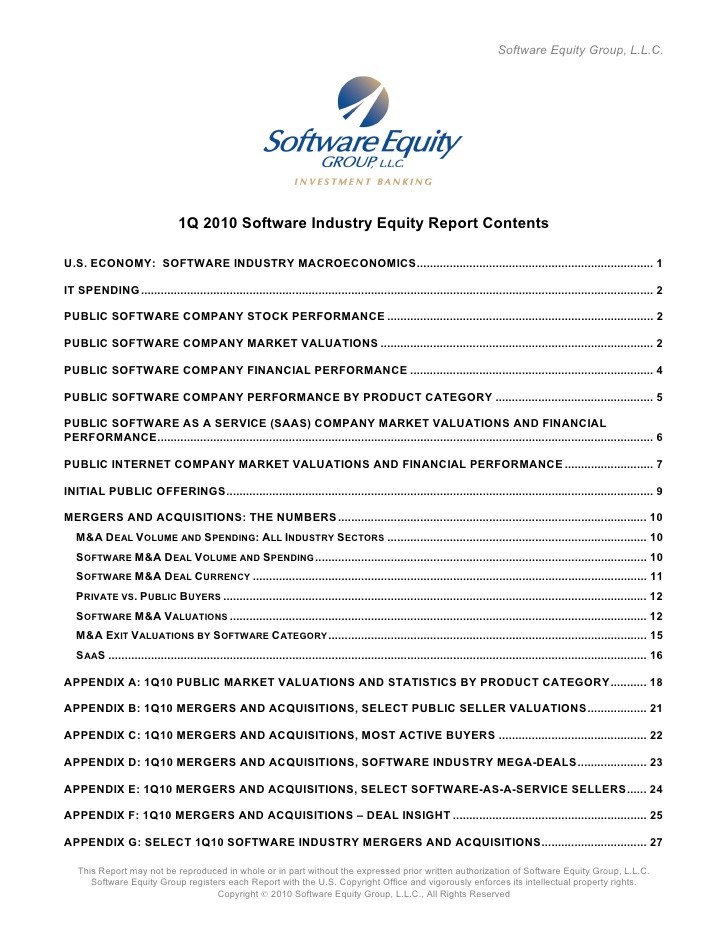Reining in Wall Street s Rainmakers
Post on: 16 Март, 2015 No Comment

How excessively risk-taking corporate cultures and unbalanced reward practices have contributed to the current financial crisis
Read through the news stories describing the collapse of some of the Wall Street investment banks and other financial institutions. You’ll see a lot of the same words and phrases over and over again: swashbuckling, combustible, detached, a climate of opulent pay, lax oversight, and blind faith.
The words capture the perilous corporate culture that has been the norm at many of the firms caught up in the extraordinary crisis we are witnessing in the financial markets.
Financial service companies and the capital markets have grown enormously—and for the most part very successfully—because of the entrepreneurial and risk-taking culture of the players in it. In many cases, however, a significant imbalance has clearly grown between the behavior/reward system and the risks being taken. This imbalance has to be addressed as an important part of the wide range of measures and solutions being considered by regulators and the affected companies.
With the greatly increased complexity of financial instruments and models and the multilayered, so-called securitized assets that were traded, we are now living with the consequences of poor collective decision-making, a herd mentality that seemed to be about following the rainbow, and reward and accounting practices that excessively encouraged such behavior. Despite their state-of-the-market tools for portfolio management, risk management, and hedging, too many of these companies did not engender a culture of collaborative risk-sharing, of teamwork, of understanding and rewarding long-term as well as short-term success, and of training their people and aligning them with these principles.
Remember Enron?
For many years, these institutions have limited their focus on human resources and talent management primarily to finding the best or hungriest candidates, giving them virtual carte blanche, and rewarding their individual successes. Also, mark-to-market accounting principles allowed profits to be booked based on demand for the traded asset rather than on the long-term viability of what was underlying it. Financial service firms have used this approach to pay sizable bonuses based on the apparent short-term success of the assets, without a clear understanding of, or connection to, the long-term risks.
It’s an old-fashioned view of talent management and an example of the free rein and high rewards to individuals that brought about the downfall of other high-profile companies in the past, such as Enron, Worldcom, and Barings. But there appeared to be little incentive to change while the profits flowed—until now.
So why the collective failure on such a large scale, and why did the firms apparently learn little from previous bonfires of the vanities? Culture and organizational behavior starts at the top and works down, and with the intense focus on and competition for top talent—the so-called rainmakers—the principal loyalty was too often to money. And if a team was pulling in the money, why would leaders question what was going on if the risky, sometimes incomprehensible, transactions meant big bonuses for them as well?
A Universal Challenge
Creating a corporate culture of collaborative risk-sharing and teamwork takes time and requires strong participation from senior management. The core values and principles need to be articulated and embedded in objectives and performance management, in learning programs, and in compensation and reward. Doing so is essential to drive the right behaviors and actions consistently.
Financial services companies are people businesses. To underpin good talent-management practices, there needs to be well-designed and consistent processes, including HR systems that integrate and provide a common base of support. In contrast with other fast-moving industries such as high tech and consumer goods, financial services does not typically represent best practices, and many companies still struggle with consolidating the various businesses they have acquired, resulting in a mixture of HR systems, policies, and processes.
Managing talent successfully, particularly those who possess scarce skills and are in high demand, is a tough chore—and a universal challenge. As our own research and experience has shown, attracting and retaining the right talent ranks as one of the top concerns for business leaders, and in the developing economies, we have found it usually to be the top issue. But financial reward isn’t the only driver of engagement and retention, and indeed, perhaps more care needs to be taken in recruiting those people who seem to be motivated solely by it. Career-growth opportunities, positive team experiences, learning opportunities, objective performance management, and links to rewards are all values that the younger generation in particular embraces. They also reflect good practice.

Of course, there are examples of companies that have done it right, and you have only to look at some of the survivors of the current crisis. One of the large global firms we work with remains a market leader—not by chance, not because of a handful of star rainmakers, but because the company has invested in recruiting, developing, and tracking talent across its global workforce. It understands what skills and expertise exist within its various geographical areas and business units, and it incentivizes the appropriate behaviors by rewarding those who take a long-term view of success. This firm is conservative in assessing risk, but it also calculates bonuses based on multiyear—not single-year—results, and incentives are team-based. On every decision—from a PowerPoint presentation to a multibillion-dollar investment—this firm’s cultural norm is, Check your thinking with someone else.
What Comes Next?
As the financial services industry recalibrates the basics of financial capital and sound finance practices, this is the time to envision a strong human capital balance sheet as well. What talent and skills will be needed, and where will they come from? What sort of leadership behaviors and culture are needed, and what sort of operating model and governance structures are needed to avoid these problems in the future? The challenges for leaders at all levels have now increased dramatically, not least with the mergers and consolidation of the industry into fewer, very-large-scale universal banks, or superbanks.
Structural reforms will be needed in the way high performers are compensated and incentivized, with more of an eye toward long-term sustainable business performance and effective risk management practices. There will also need to be better linkage of reward systems to improved performance management practices, talent-development practices, and leadership development. At the same time, creating a culture with the underlying governance structures of greater accountability and collective risk management will need to be balanced with maintaining the entrepreneurial spirit that has driven success and growth in the past.
None of this will be easy. The workforce in the financial markets is now gripped with fatigue and fear, and no one can say for sure when this crisis will end and when we will see more sustained stability. A collective response is required, including intervention by regulators who want to take action to curb the excesses. Confidence will need to be rebuilt, and the damage to the image of the industry will likely last some time, which will affect the recruitment of new talent as well.
The Emergency Economic Stabilization Act of 2008, passed into law on Oct. 3, includes limits on executive compensation. Lawmakers may not agree on much—but none of them wants to use taxpayer money to prop up a financial institution or its leaders unless there is some return and much greater accountability. Let’s hope, at the same time that we desire more regulation, we don’t also strangle the geese that have been laying many golden eggs.
As in any crisis, opportunities will also emerge. The ability to execute new talent strategies and create more collaborative and responsible corporate cultures will distinguish the survivors in the new financial services world and mark the leaders. And now more than ever, gaining additional market advantage will require swiftness in execution and the ability to understand and manage change rapidly.














